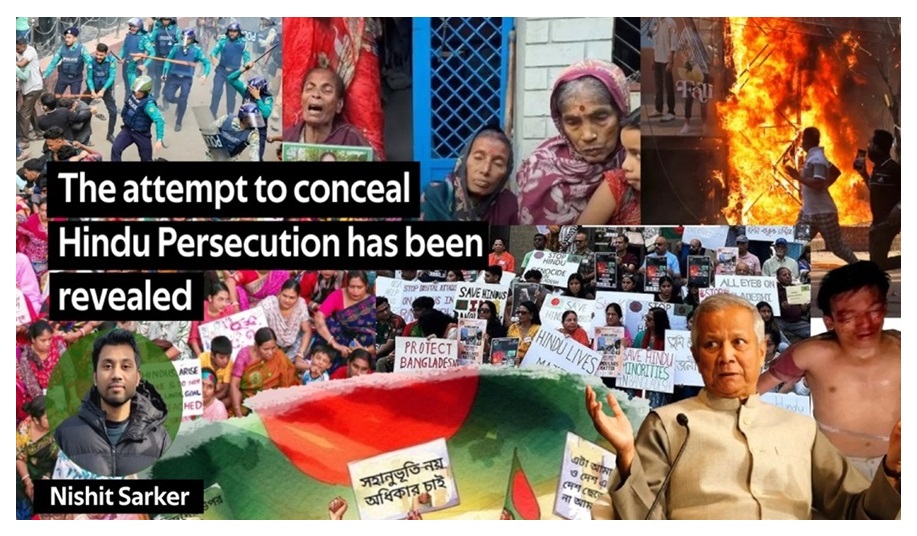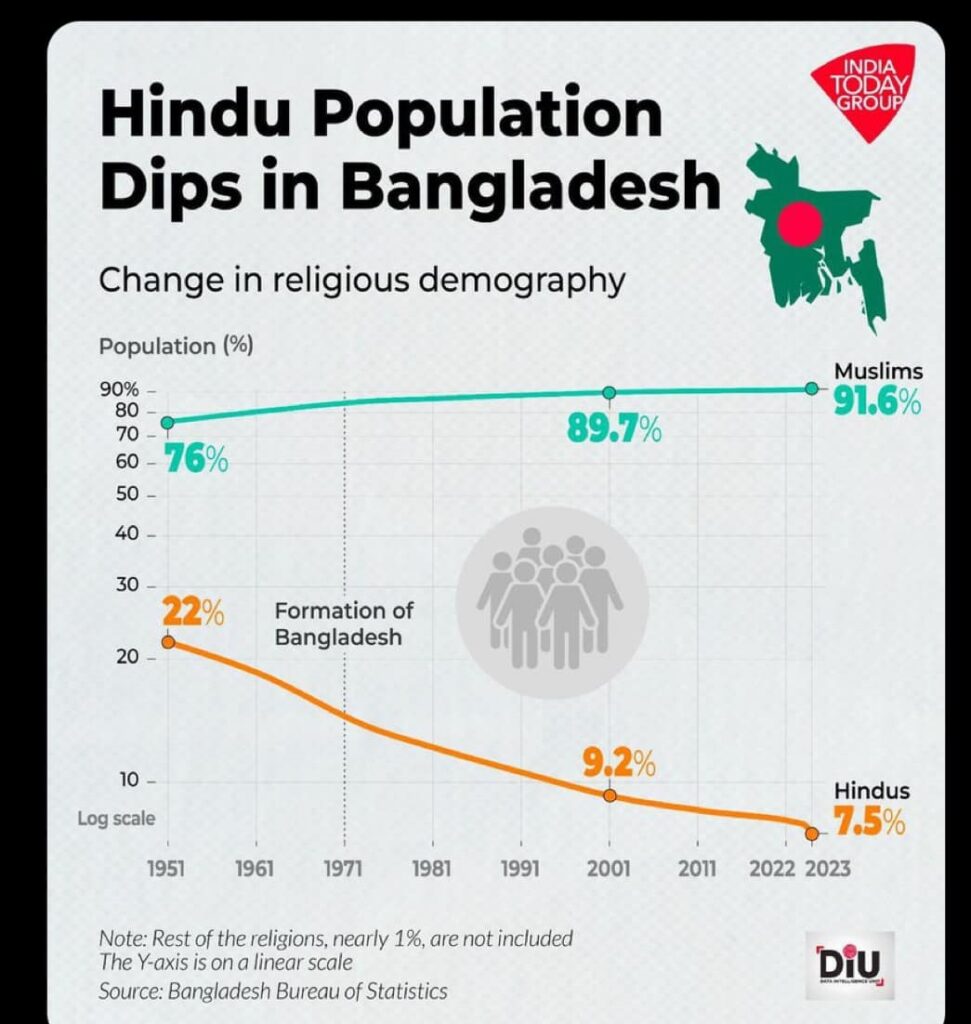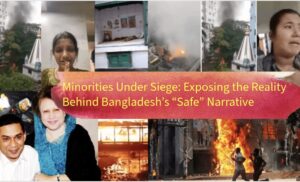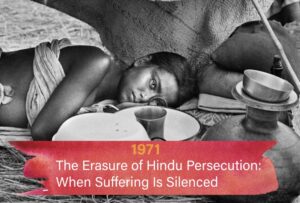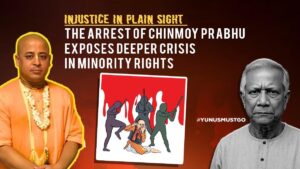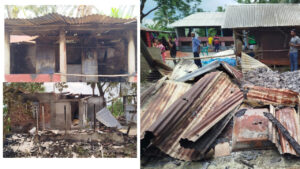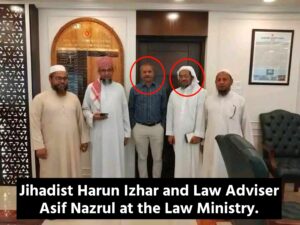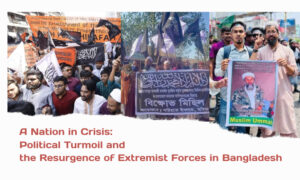Police Confirm 98 Percent of Attacks on Minority Hindus Were Real: International Media and Reports Counter Governments False Claims
Following intense international scrutiny, Bangladeshi authorities have confirmed that 98% of reported attacks on minority Hindus across the country, as of August 7, have been validated through police investigations. This official acknowledgment comes amid persistent denials from certain political and media factions, which had previously dismissed these incidents as isolated or exaggerated.
International media outlets, including the BBC, have provided extensive coverage of the communal violence, including the devastation in Dowrabazar, Sunamganj. BBC UK journalist Sahar Zand conducted a two-part interview series on the BBC News Podcast featuring victims of communal attacks and detailing the devastation faced by the Hindu community in Thakurgaon. The reports unequivocally identify the nature of these attacks as communal, contradicting the Bangladeshi government’s narrative that attributes the violence to political motives rather than religious targeting.
Communal or Political?
The government’s stance that the attacks were politically driven has raised questions about its willingness to confront religious intolerance. Critics argue that targeting Hindus—who are a minority and historically associated with support for the ruling Awami League—clearly constitutes communal violence. Human rights advocates have questioned why religious identity-based violence is not recognized as such when it aligns with communal patterns.
Media and Political Responses Under Fire
Political parties, including the BNP and Jamaat-e-Islami, Hefazat E Islam along with influential figures like Dr. Muhammad Yunus, have claimed that reports of Hindu persecution were inflated by Indian media. Dr. Yunus, in multiple interviews with international outlets, has accused Indian news channels of exaggerating minority repression. However, the police’s recent confirmation of widespread attacks undermines these assertions.
International outlets such as Deutsche Welle (DW) and BBC News, known for their rigorous journalism, have also documented these incidents, refuting allegations of media bias or propaganda. Conversely, sections of Bangladesh’s domestic media, along with BNP, Jamaat, and Hefazat-e-Islam, have been accused of downplaying the violence and aligning with narratives dismissive of religious persecution.
A Shifting Narrative
The confirmation of 98% authenticity in the police reports challenges the rhetoric of denial and diminishes claims of propaganda by Bangladesh Govt. The consistent reporting by reputable international outlets strengthens the case for recognizing these incidents as part of a broader communal issue. Observers note that acknowledging the truth is vital for justice and reconciliation, emphasizing that minimizing religious violence under the guise of political conflict only perpetuates injustice.
As the debate continues, the pressing question remains: With police investigations validating the scale and nature of the attacks, will the government and its critics revise their positions, or will denial persist despite mounting evidence?
Ref:
- https://www.aninews.in/news/world/asia/bangladesh-police-issues-report-on-communal-attacks-and-claims-since-august-4-202420250111152700/
- https://timesofindia.indiatimes.com/world/south-asia/majority-of-attacks-on-minorities-in-bangladesh-not-communally-motivated-but-political-in-nature-police-report/articleshow/117144745.cms
- https://www.voabangla.com/a/7933288.html?
- https://www.thedailystar.net/news/bangladesh/rights/news/reinstate-321-dismissed-trainee-sis-hindu-buddhist-christian-unity-council-3797696
- https://www.thehindu.com/news/international/violence-against-minorities-majority-of-incidents-political-in-nature-not-communally-motivated-bangladesh-police-report/article69088085.ece#:~:text=Bangladesh%20police%20have%20filed%20a,the%20cases%20were%20%E2%80%9Cnot%20communally

